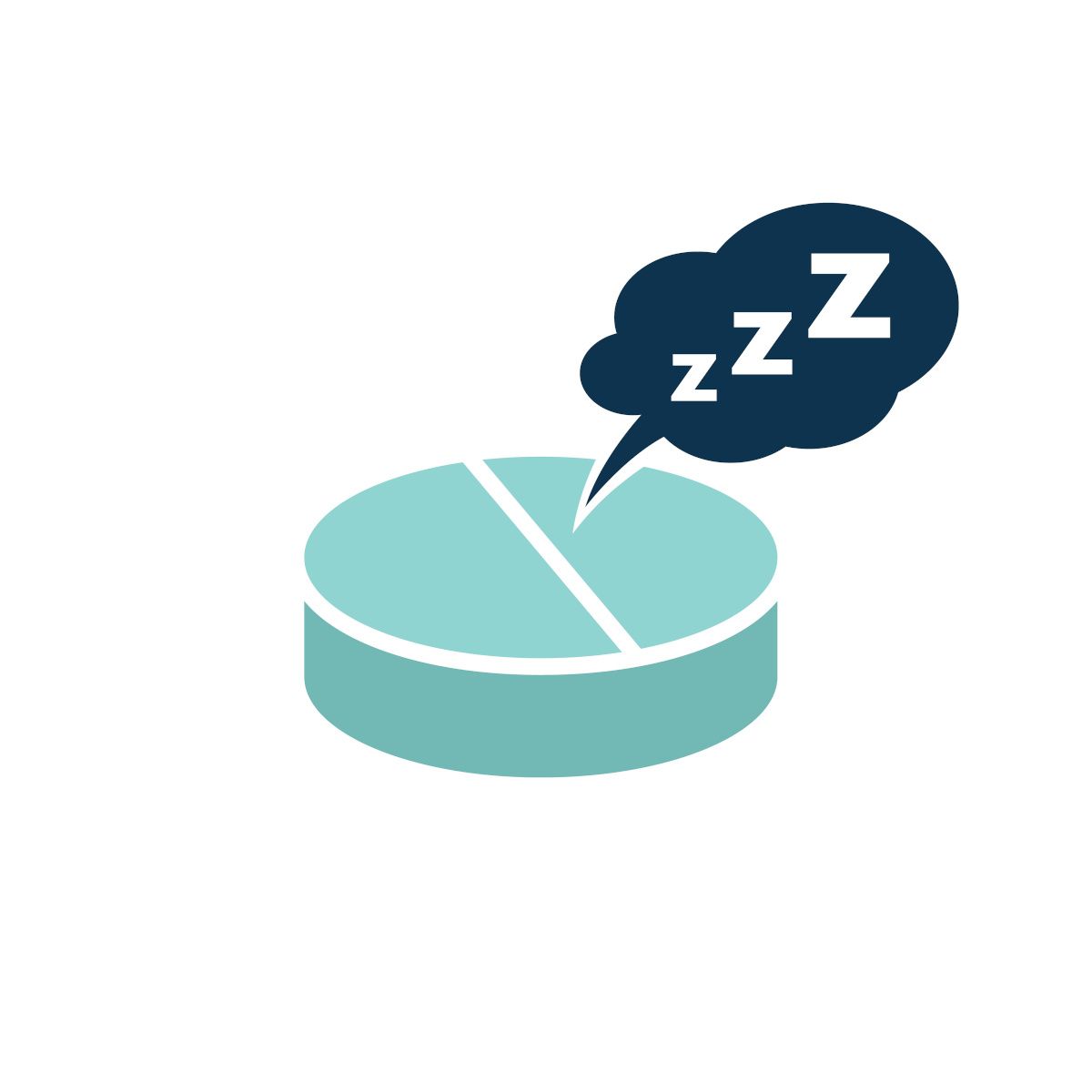CRN responds to research letter about the increased pediatric use of melatonin
The Council for Responsible Nutrition has issued a statement in response to a recent research letter that the organization says raises unnecessary alarm about the pediatric use of melatonin.
PHOTO © DOUBLE BRAIN - STOCK.ADOBE.COM

The Council for Responsible Nutrition (CRN; Washington, D.C.) has issued a statement in response to a recent research letter that the organization says raises unnecessary alarm about the pediatric use of melatonin. Based on a small sample of 900 participants who were taking melatonin, the letter concludes that the consumption of melatonin by U.S. children and adolescents is very common, and that some parents begin administering the product to their children at an early age.
Paired with previous data showing that melatonin content in products can be inconsistent (ranging from 74% to 347% of the labeled content) and that incidence of accidental melatonin ingestion of melatonin reported to poison control centers increased 530% from 2012 to 2021, the authors try to paint the increased pediatric use of melatonin as disturbing and dangerous. CRN has pointed out previously that the research cited by the authors is flawed and fails to explain that manufacturers who must meet 100% of label claims throughout shelf life can set safe ingredient overages to account for long-term degradation. Similarly, CRN explained that the calls to poison control do not actually indicate dangerous overdose, merely accidental ingestion, and calls from concerned parents. Additionally, CRN criticized the authors’ mischaracterization of the dietary supplement industry as “unregulated.”
“This Research Letter should be received as a call to pediatric doctors to have candid and open conversations with parents about their children’s sleep patterns, and about the use of melatonin, which these findings, and our own data, show is used safely by millions of American families,” said Steve Mister, president & CEO of CRN, in a press release. “What this study doesn’t show is how many families already administer melatonin to their children safely, in consult with, and in many cases, at the suggestion of, their healthcare providers. Misrepresenting the state of regulation and mischaracterizing the data to pediatric doctors make those candid and fact-based conversations less likely.”

.png&w=3840&q=75)

.png&w=3840&q=75)



.png&w=3840&q=75)



.png&w=3840&q=75)









